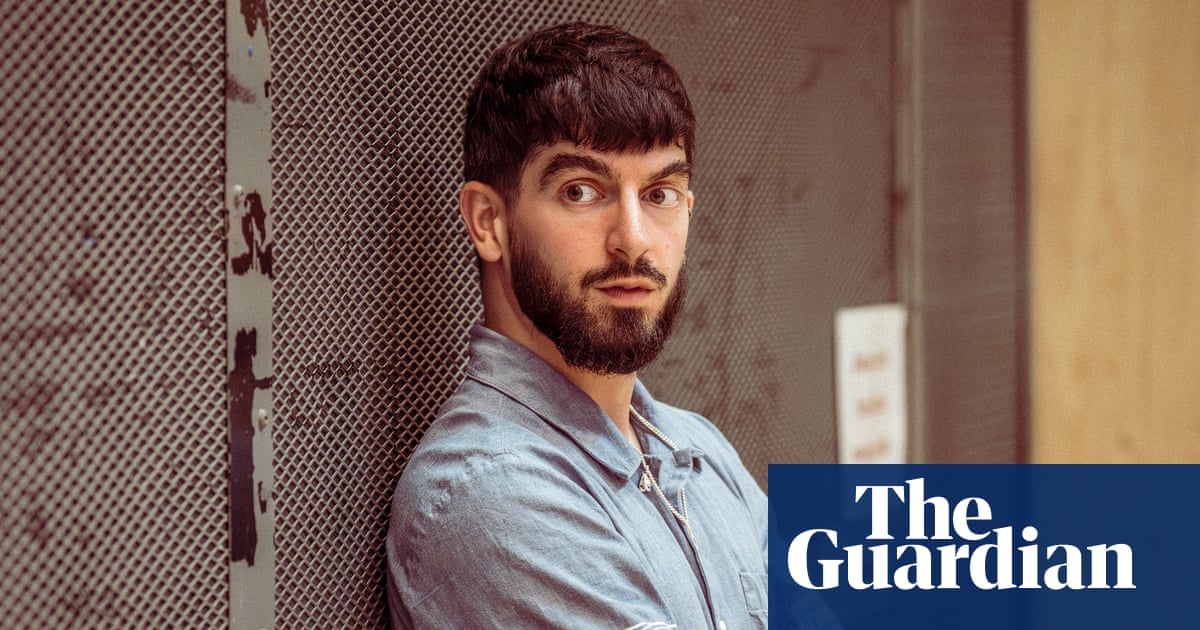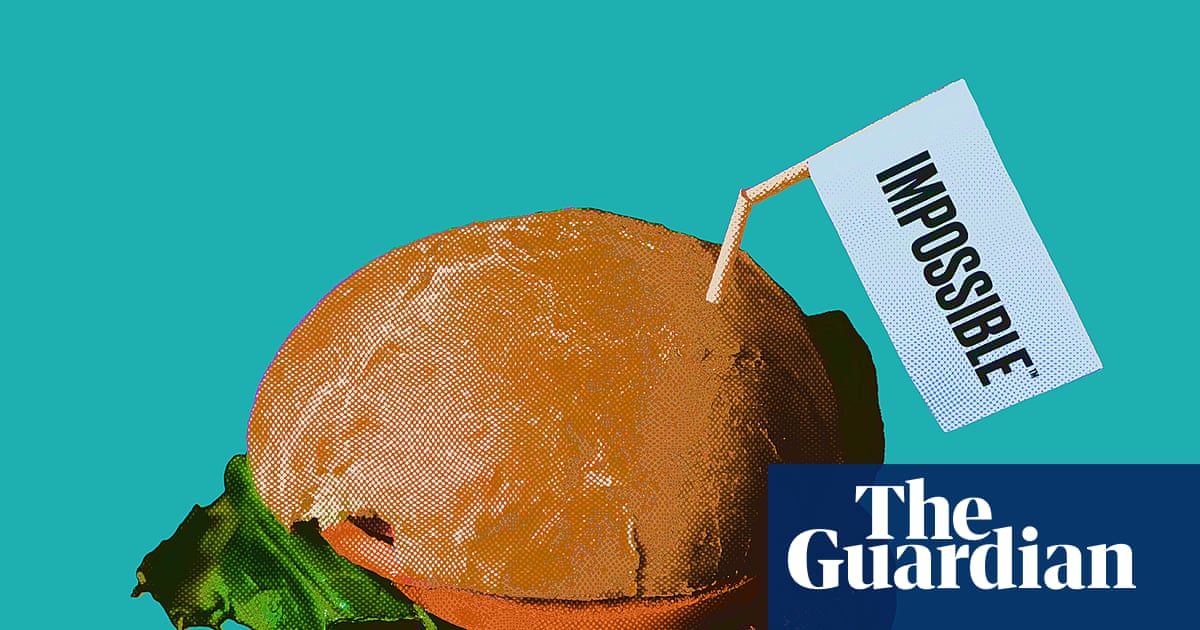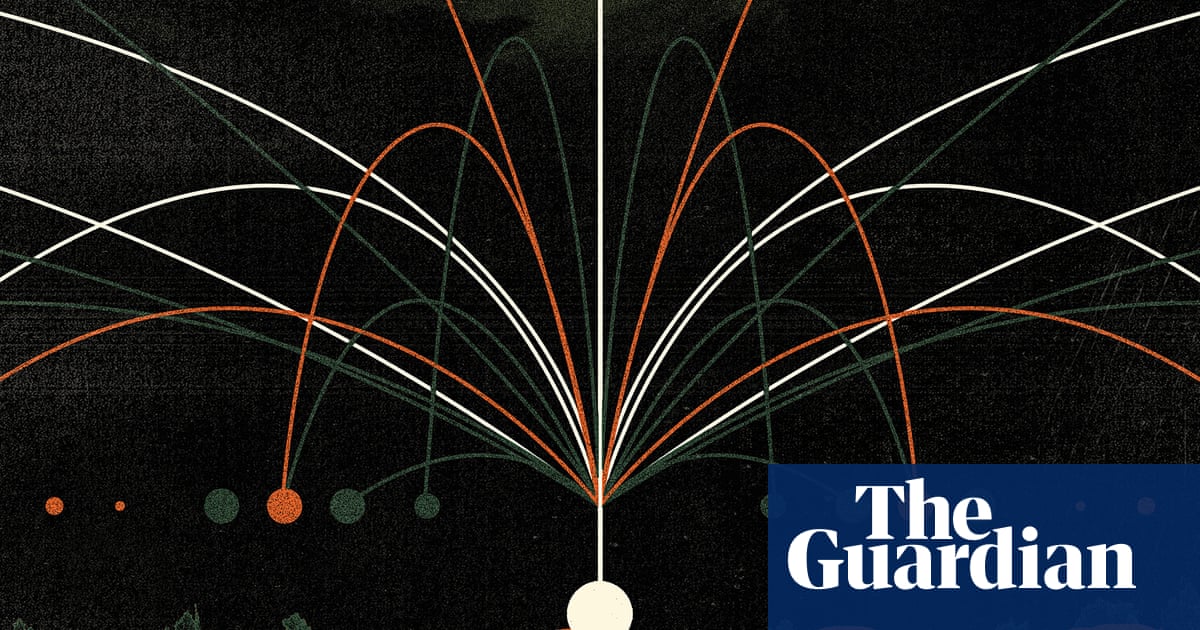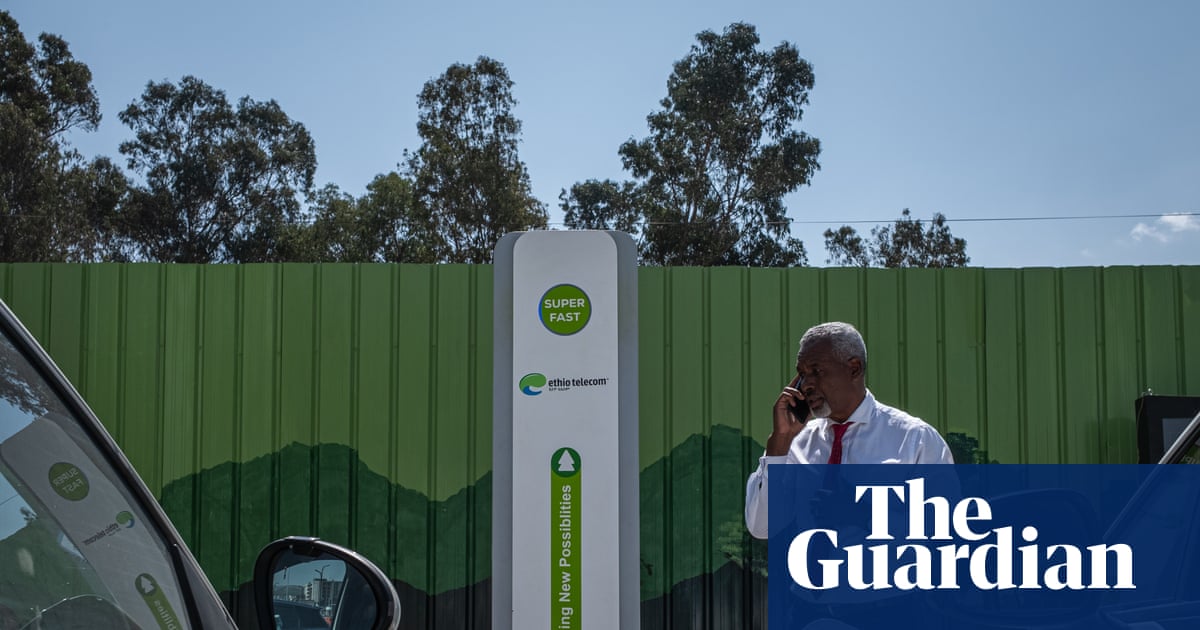Cancer patients treated with a pioneering immunotherapy that genetically modifies their own cells to wipe out tumours live 40% longer, according to “exciting” and “groundbreaking” results from a world-first clinical trial.
Car T-cell therapy is a new form of immunotherapy where a patient’s own T-cells – a type of white blood cell – are tweaked in a lab to target and kill cancer cells. The designer cells are then infused back into their bloodstream to fight the disease.
The therapy has already proved successful in treating blood cancers. Now results from the world’s first randomised controlled trial of Car T-cell therapy in solid tumours suggest it could be transformative in the fight against these cancers too.
Solid tumours represent about 90% of all cancers, including breast, lung and pancreatic cancer.
In the trial hailed as a “milestone” by experts, patients with advanced gastric or gastro-oesophageal junction (GEJ) cancer treated with Car T-cell therapy lived on average approximately 40% longer than patients who received standard care.
The results were published in The Lancet and presented at the world’s largest cancer conference, the annual meeting of the American Society of Clinical Oncology (Asco), in Chicago.
Dr Carl June, a leading expert on Car T-cell therapy at the University of Pennsylvania, who was not involved with the trial, said: “This is an exciting study showing the first positive results from a randomised trial testing Car T-cells for a solid cancer.
“The study shows that satri-cel Car T-cells provide significant benefits to advanced gastric cancer patients who have failed at least two prior lines of therapy. This represents a groundbreaking milestone for the field of Car-T therapies against solid tumours.”
In the trial, more than 100 patients in China with advanced gastric or GEJ cancer were randomised to receive either Car T-cell therapy or one of the standard-of-care medications. Patients who received Car T-cell therapy lived an average of 7.9 months after randomisation, compared with 5.5 months through standard care.
Patients receiving the designer immunotherapy also experienced 3.3 months without the cancer advancing compared with 1.8 months in the standard care group.
The researchers, from Peking University Cancer Hospital & Institute in Beijing, said Car T-cell therapy “showed a statistically significant improvement in progression-free survival and clinically meaningful improvement in overall survival”. The results suggest Car T-cell “could represent a paradigm shift” in care, addressing a crucial unmet need for some patients, they added.
Dr Jason Luke, an Asco expert and associate professor of medicine at the University of Pittsburgh, said the results were “exciting”. He added: “This is a very important ‘plant the flag’ publication that should rally the cancer research community to push forward toward improving the lives of patients [with] solid tumours.”
A second study on Car T-cell, led by the University of Pennsylvania and due to be presented at Asco on Sunday, suggests the approach can also be used to treat brain tumours.
Results from that trial are expected to show Car T-cell can shrink tumours in glioblastoma, an aggressive and fast-growing brain cancer, and help patients live much longer.
Car – chimeric antigen receptor – T-cell therapy works by genetically engineering a patient’s T-cells to recognise and destroy cancer cells.
T-cells are a type of white blood cell that can recognise and destroy foreign cells, including cancer cells, but because cancer is able to evade immune detection, they often miss their mark. Car T-cells are engineered to make them better at detecting cancer cells.
Oncologists in Chicago said they were increasingly optimistic that Car T-cell therapy could revolutionise treatment of solid tumours, after dramatic success with blood cancers.
“For solid cancers, there is clearly now not only an interest but evidence that this treatment can benefit patients, making this an important new development that should be shared,” said Dr John Haanen, of the Netherlands Cancer Institute, who will give a presentation on Car T-cell therapy at the Asco meeting. “I think this [is] a new generation of treatment that wasn’t there for medical oncologists before.”
Dr Catherine Elliott, the director of research and partnerships at Cancer Research UK, said it was “encouraging” to see early signs that Car T-cell therapy could help patients with solid tumours. The therapy will need to be trialled in larger numbers of patients before being rolled out widely, Elliott said, but “could mark an important step forward for patients with limited treatment options”.

 3 months ago
87
3 months ago
87

















































